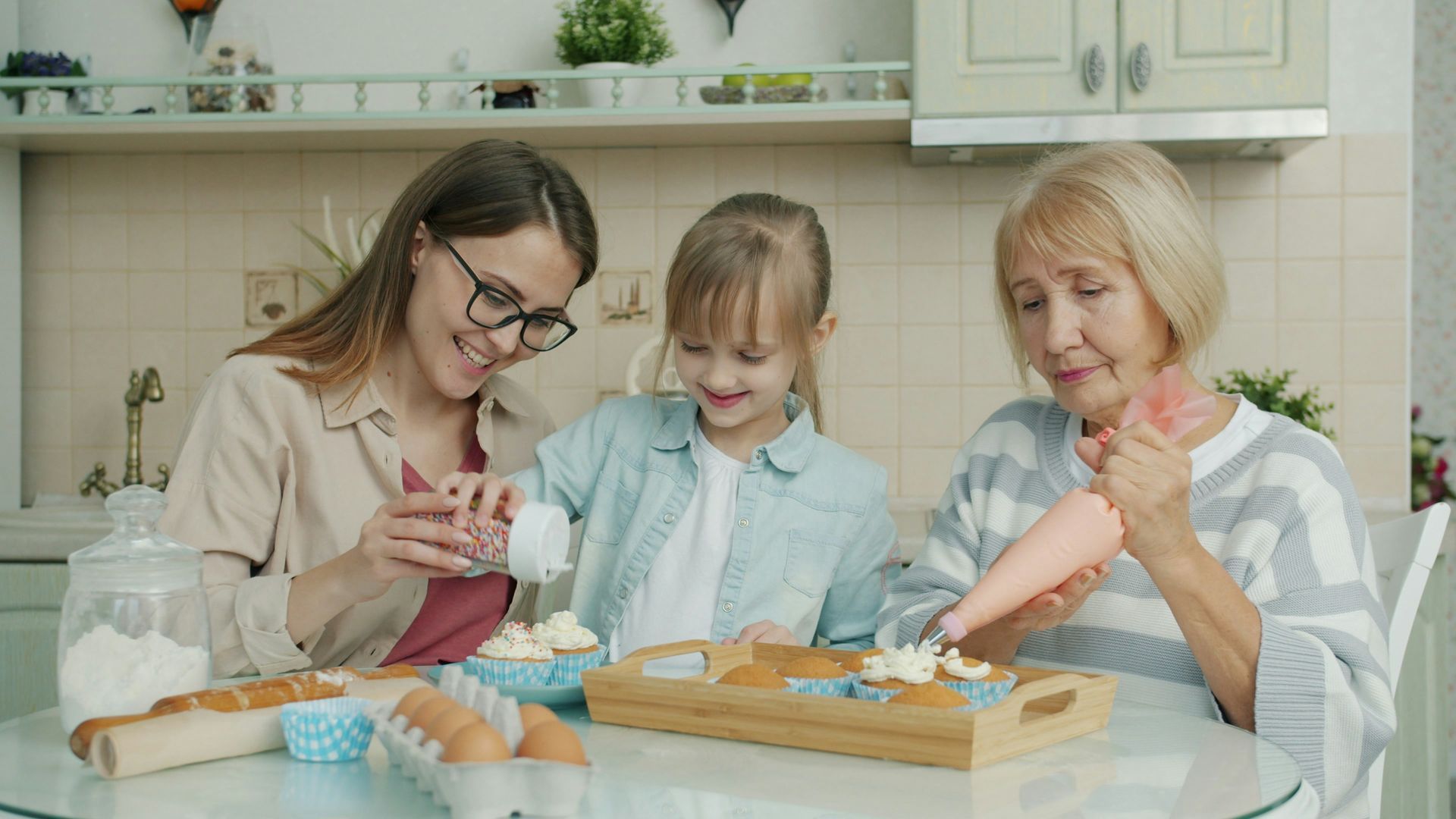Finding Balance: Practical Strategies for Supporting Aging Parents While Caring for Yourself
Navigating the Challenges of Caring for Aging Parents with Professional Counseling Support

Are you caught in the middle of managing your household while increasingly worried about your aging parent's well-being? You're not alone. According to the National Alliance for Caregiving, over 53 million Americans are providing unpaid care for adult family members, with many experiencing significant emotional and physical strain in the process (NAC & AARP, 2020).
The Hidden Toll of Caregiver Stress
The journey of supporting aging parents often begins with small tasks—driving to doctor appointments or helping with groceries—but can gradually evolve into a complex web of responsibilities. Research from the American Psychological Association shows that family caregivers report higher levels of stress, anxiety, and depression compared to their non-caregiving peers (APA, 2023). This stress, often called "caregiver burnout," can manifest as exhaustion, withdrawal from social activities, and even physical health problems.
Dr. Christina Hibbert, clinical psychologist, and author, notes, "The emotional impact of watching parents age while simultaneously juggling your life responsibilities creates a unique form of stress that can be overwhelming when faced alone" (Hibbert, 2022).
Creating a Sustainable Support System
Establish Boundaries Through Open Communication
The foundation of balanced caregiving starts with honest conversations. Schedule a family meeting to discuss:
- Your parents' preferences and expectations for care
- Realistic assessment of what you can sustainably provide
- Options for sharing responsibilities among siblings or other family members
- Professional support services available in your community
Dr. Amy D'Aprix, gerontologist and life transition expert, emphasizes, "Setting clear boundaries isn't selfish—it's essential for sustainable caregiving. Being specific about what you can and cannot do helps manage everyone's expectations" (D'Aprix, 2021).
Prioritize Self-Care as a Necessity
Self-care isn't optional when you're supporting aging parents—it's essential. Research published in The Gerontologist shows that caregivers who maintain their own health needs report higher quality of care for their loved ones and greater satisfaction in their caregiving role (Schulz & Eden, 2016).
Effective self-care strategies include:
- Scheduling regular short breaks throughout your week
- Maintaining your medical appointments and health screenings
- Continuing activities that bring you joy and purpose
- Connecting with a support group of fellow caregivers
- Working with a professional counselor to process complex emotions
Leverage Community and Professional Resources
You don't have to manage everything alone. A comprehensive approach includes investigating:
- Adult day programs that provide structured activities and socialization
- Meal delivery services for nutritional support
- Transportation assistance programs
- Home modification services for safety
- Respite care options for when you need a break
Finding Your Path Forward
The journey of supporting aging parents while maintaining your own well-being requires balance, boundaries, and support. Remember the airplane safety demonstration—you must secure your own oxygen mask before helping others. By prioritizing your mental and physical health, you'll be better equipped to provide the quality support your parents need.
If you're feeling overwhelmed by caregiver stress or struggling to find balance in this challenging life stage, professional support is available. At Bareiter Counseling Center, our experienced therapists specialize in helping families navigate these complex transitions. Contact us at 704-334-0524 to schedule a consultation and discover strategies tailored to your unique situation.
References:
National Alliance for Caregiving and AARP. (2020). Caregiving in the United States 2020. https://www.caregiving.org/caregiving-in-the-us-2020/
American Psychological Association. (2023). Caregiver stress: The impact of chronic stress on family caregivers. American Psychologist, 78(2), 145-158.
Hibbert, C. (2022). When parents age: A guide to the emotional journey. Family Psychology Today, 15(3), 27-39.
D'Aprix, A. (2021). The sandwich generation: Finding balance when caring for children and parents. Journal of Gerontological Social Work, 64(5), 478-492.
Schulz, R., & Eden, J. (2016). Families caring for an aging America. National Academies Press.



